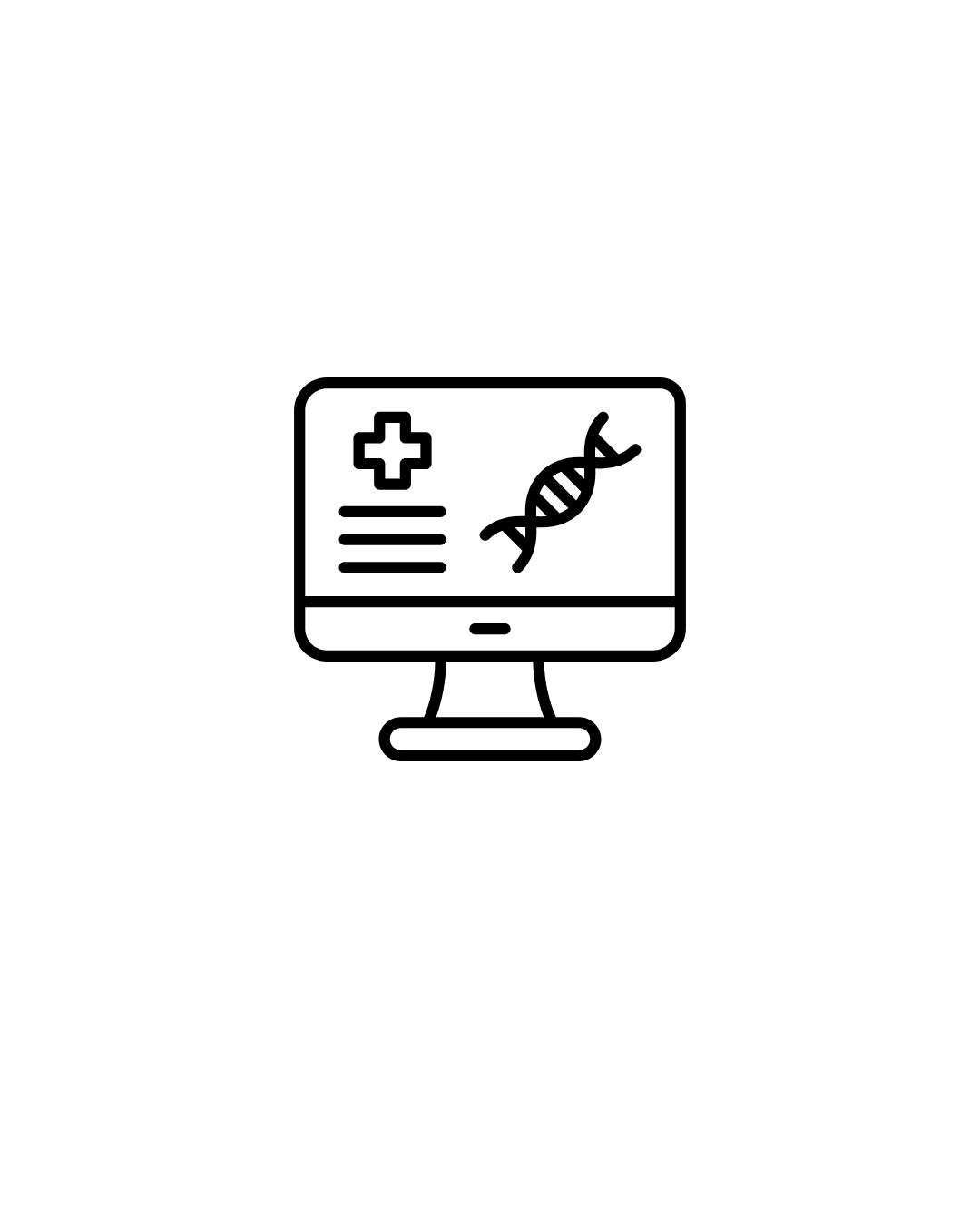Description
A Bachelor of Science (B.Sc) (Honours) in Bioinformatics is an interdisciplinary undergraduate program that combines biology, computer science, and information technology to analyze and interpret biological data. This degree prepares students to work with large datasets, particularly those related to genomics, proteomics, and other areas of biological research.
Program Overview
Duration: Typically takes 3 to 4 years to complete, depending on the institution and country.
Mode: Available in full-time, part-time, or online formats.
Eligibility: Generally requires a high school diploma with a strong background in biology and mathematics, along with foundational knowledge in computer science.
Core Curriculum
The curriculum for a B.Sc (Honours) in Bioinformatics generally includes a mix of core courses, practical laboratory work, and computational training. Key subjects typically covered include:
Introduction to Bioinformatics: Overview of the field, including the history, applications, and tools used in bioinformatics.
Molecular Biology: Study of the structure and function of biomolecules, including DNA, RNA, and proteins, and their roles in living organisms.
Biostatistics: Application of statistical methods to biological data, focusing on experimental design and data analysis techniques.
Computational Biology: Introduction to algorithms and methods for the analysis of biological data, such as sequence alignment and structural bioinformatics.
Genomics: Study of genomes, including DNA sequencing technology, genome assembly, and analysis of genomic data.
Proteomics: Exploration of protein structures and functions, methods for protein analysis, and data interpretation.
Programming for Bioinformatics: Training in programming languages and software tools commonly used in bioinformatics, such as Python, R, and Perl.
Database Management: Understanding of biological databases, data mining, and data management practices in bioinformatics.
Systems Biology: Integration of biological data to understand complex biological systems and their interaction networks.
Skills Developed
Analytical Skills: Ability to analyze and interpret complex biological data using computational tools and statistical methods.
Programming Skills: Proficiency in programming languages relevant to bioinformatics, enabling students to develop and utilize bioinformatics software.
Data Management Skills: Understanding of database design, data storage, and retrieval methods for handling biological data.
Research Skills: Experience in conducting independent research, designing experiments, and applying bioinformatics approaches to biological questions.
Communication Skills: Development of the ability to present scientific findings clearly through reports, presentations, and academic publications.
Career Opportunities
Graduates with a B.Sc (Honours) in Bioinformatics can pursue a range of career paths, including:
Bioinformatician: Working in research institutions or biotechnology companies to analyze biological data and provide insights into biological problems.
Computational Biologist: Applying computational techniques to solve biological questions, often involving modeling and simulation.
Genomic Data Analyst: Focusing on the analysis of genomic data, including sequencing data and variability analysis.
Proteomics Research Scientist: Engaging in research related to protein interactions, functions, and structures using bioinformatics tools.
Clinical Bioinformatics Specialist: Analyzing patient data and genomic information to support clinical decision-making and personalized medicine.
Data Scientist in Life Sciences: Leveraging data analytics skills to drive decision-making in pharmaceutical, agricultural, or healthcare industries.
Research Scientist: Conducting research in academic or industrial laboratories, often in multidisciplinary teams.
Benefits of Pursuing a B.Sc (Honours) in Bioinformatics
Interdisciplinary Field: Combines biology, computer science, and mathematics, preparing graduates for a variety of roles in research and industry.
High Demand: Bioinformatics is a rapidly growing field, with increasing demand for skilled professionals in healthcare, agriculture, and research.
Contribution to Scientific Advancements: Offers opportunities to contribute to cutting-edge research in genomics, drug discovery, and personalized medicine.
Additional Considerations
When considering a B.Sc (Honours) in Bioinformatics:
Accreditation: Ensure the program is accredited by relevant educational authorities and adheres to professional standards in bioinformatics education.
Research Opportunities: Look for programs that offer undergraduate research experiences, internships, or partnerships with industry.
Networking: Engage with bioinformatics organizations and conferences to expand professional networks and stay updated on industry trends.
If you have any specific questions about the program, its courses, or potential career paths in Bioinformatics, feel free to ask!









